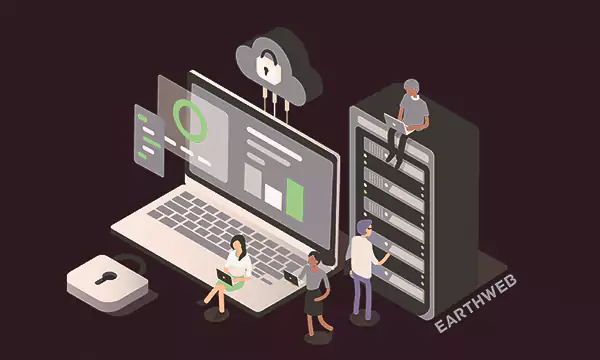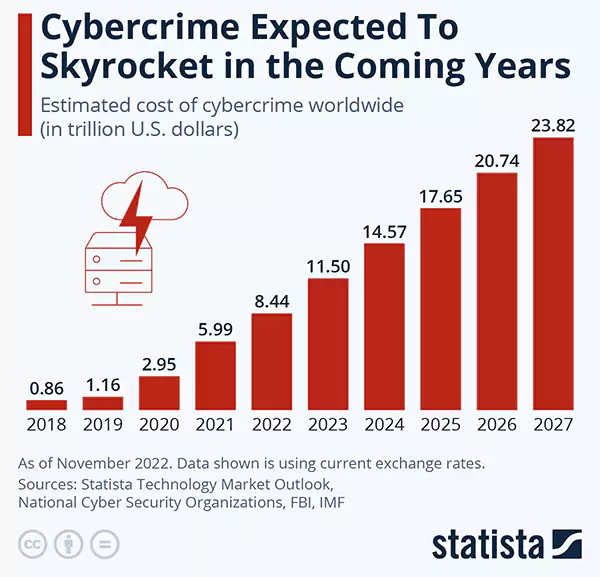Online security is gaining a lot of attention in our digital world as threats to our data and privacy grow. Residential proxies provide a high level of protection for those who want to keep their information safe from malicious actors and other online threats.

In this blog, we will discuss the benefits of using residential proxies and how they can help protect your personal information. We’ll also cover best practices to ensure optimal security when using them. With the right knowledge and resources, you can keep your records safe while browsing the internet.
They are a type of proxy server that allows users to route their internet traffic through another location. Unlike data center proxies, it uses IP addresses assigned by Internet Service Providers (ISPs) to individual homeowners.
This provides a high level of ambiguity and improves the chances of bypassing geo-restrictions. Residential proxies are commonly used for web scraping, data mining, market research, and ad verification.
They can also be useful for users who want to access restricted content or bypass content filters. Individuals and businesses can protect their online privacy and avoid IP blocking while engaging in digital activities with their help.

This refers to weaknesses within computer systems and networks that make them sensitive to breaches, attacks, or unauthorized access. These security holes can be exploited by hackers or cybercriminals to gain access to sensitive information, steal data, or cause mayhem.
It can take many forms, such as outdated software, unsecured Wi-Fi networks, weak passwords, phishing scams, and social engineering tactics. Because of the increased dependency on technology in our daily lives, the significance of securing our on-the-web presence can’t be overemphasized.
Therefore, one should remain vigilant and stay aware of potential cybersecurity vulnerabilities so that appropriate measures can be taken to safeguard personal and business information.
It has become all the more important as more people are spending a significant amount of their time online. Anonymous browsing is a useful way to protect your privacy when browsing the internet.
Residential proxies allow you to appear as if you’re looking at it from a different location. This can be particularly beneficial if you’re concerned about cyber security. You can use them to access content that may have been restricted in your specific location, and it also helps to prevent tracking from advertisers and other third-party trackers.
By anonymizing your browsing data, you can keep your online activity private and secure. To a large extent, there are many benefits of using them for anonymous browsing, making it an important tool for anyone concerned about cyber safety.
Nowadays, online security has become a significant concern for internet users worldwide. The advent of geoblocking restrictions has further compounded this issue, as it prevents access to certain websites or platforms based on geographical locations.
Fortunately, with the help of residential proxies such as Netnut, internet users can bypass geoblocking restrictions and enjoy a more secure online experience. Using it eliminates the risk of being blacklisted or detected by websites and provides access to exclusive content by masking the user’s true IP address.
By leveraging its benefits, internet users can enhance their cyber security and enjoy unrestricted access to the internet.
Residential proxies offer individuals and businesses improved online safety by providing a layer of protection against data logging, tracking, and monitoring. This is particularly important when engaging in sensitive on-the-web activities such as e-commerce, banking, or transmitting confidential information.
Users can hide their actual location and surfing behavior by using a residential IP, making it difficult for the trackers and data loggers to track their activity online. This not only enhances online privacy but also reduces the risk of identity theft, hacking, or phishing attempts.
It offers individuals the protection they need to browse the web without fear while ensuring the benefits of cyber security.
It is vital to understand its working and the initial connection as it enables you to access a website or online platform using a different IP address, which can help to protect your identity and improve your security.
Still, your computer or device needs to make a connection to the proxy server before any of that can happen. This connection is the first step in the process and acts as a base for everything else that occurs.
You can get a better grasp of the overall concept of residential proxies and make more informed decisions by understanding how this initial connection works
The data transferring process is a critical aspect of how these work. When a user accesses the internet through a residential proxy, their request is sent through a series of servers to mask their IP address.
It acts as an intermediary between the user and their requested website which allow user to remain anonymous and protect their valuable information. During this process, figures are exchanged between the user, residential proxy, and destination server. This data must be transferred efficiently and securely to ensure the privacy and safety of the user.
These use various techniques such as secure socket layers (SSL) to encrypt this information to prevent interception and ensure privacy. A robust data transferring process is a fundamental part of its functionality and allows users to browse the internet freely while maintaining their anonymity.
They act as intermediaries between a user and a target website, masking the user’s true IP address with one that belongs to a residential location. This allows users to access websites without revealing their true identity or location, making it ideal for tasks such as web scraping and market research.
The final connection in the process of how they work is the authentication of the proxy by the target website. After the authentication, the user is granted access to their desired website, with the residential proxy acting as a secure, anonymous middleman.
Cyber security and privacy concerns are the need of the hour and so these proxies are becoming a valuable tool for those looking to protect their online identity.
Residential proxies offer individuals and businesses increased levels of online security and privacy. By masking the user’s true IP address with one that belongs to a residential location, users can bypass geo-restrictions and access restricted content without revealing their identity or location. Besides, using them allows users to protect their activity from data logging, tracking, and monitoring.